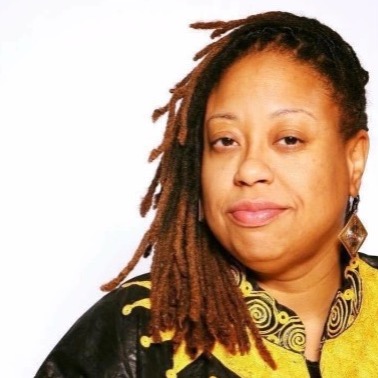What in the world does Juneteenth have to do with ACPE?
 Juneteenth, a nationally recognized federal holiday, is celebrated on June 19.
Juneteenth, a nationally recognized federal holiday, is celebrated on June 19.Juneteenth is a celebratory moment that has transcended into a movement for emancipation, liberation, and self-actualization of African Americans in the United States of America. On June 19, 1865, federal troops arrived in Galveston, Texas. They had to physically force racist white enslavers to stop enslaving Black persons and ignoring or refusing to honor President Abraham Lincoln’s January 1, 1863, Emancipation Proclamation, which outlawed the enslavement of Black bodies.
While many celebrate July 4 as the Independence Day of America, others have highlighted the words of famed orator and abolitionist Frederick Douglass, “What, to the American slave, is your 4th of July? I answer, a day that reveals to him, more than all other days in the year, the gross injustice and cruelty to which he is the constant victim. To him, your celebration is a sham; your boasted liberty, an unholy license; your national greatness, swelling vanity, your sound of rejoicing are empty and heartless…” Thus, many African Americans living in the “trying to be” United States of America celebrate June 19, 1865, as their authentic, genuine Independence Day.
We all must now grapple with the question, “What is the meaning of Juneteenth for our ACPE organization?” This question is not simply for African American educators, psychotherapists, or students. It is a question for us All.
If Juneteenth honors the emancipation, liberation, and self-actualization of African Americans, I invite you to reflect on the following questions:
- In what ways does your CPE program or psychotherapist site welcome African American students? What is the current statistical data at your local site on the number of African American students accepted into your programs? What do those numbers teach you?
- In what ways does the curriculum of your programming primarily center on African American theorists and authors?
- How are African American students empowered and given the freedom to be their authentic cultural selves without shaming, victim-blaming, or being pushed to “blend in (like a melting pot) with others”?
- How are African American educators and members in our association respected for their cultural wisdom and insight and not seen as incompetent compared to non-African American educators?
- How are we actively addressing racism and the intersections of oppression that impact African Americans both within our localities and our larger ACPE committees such as Accreditation, Certification, Ethics, and Psychotherapy?
As we progress forward, may June 19, 2022, find your CPE supervisory practice and psychotherapy practice experiencing emancipation and liberation from white supremacy in all shapes and forms.
Ashe!
